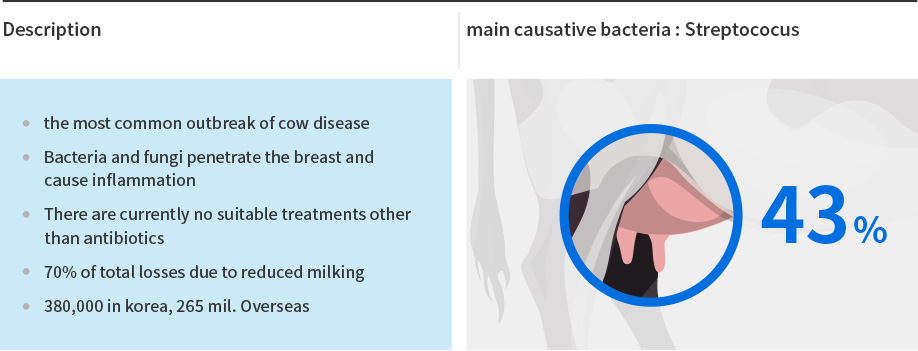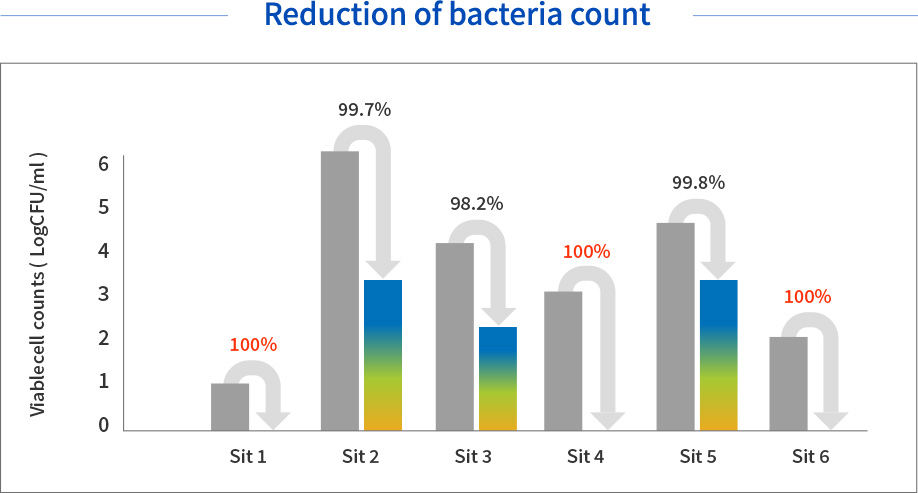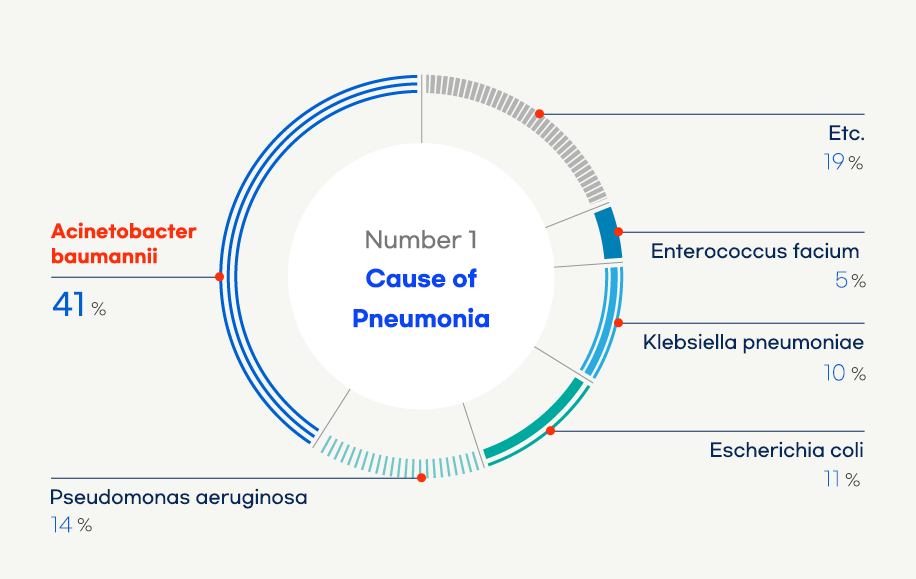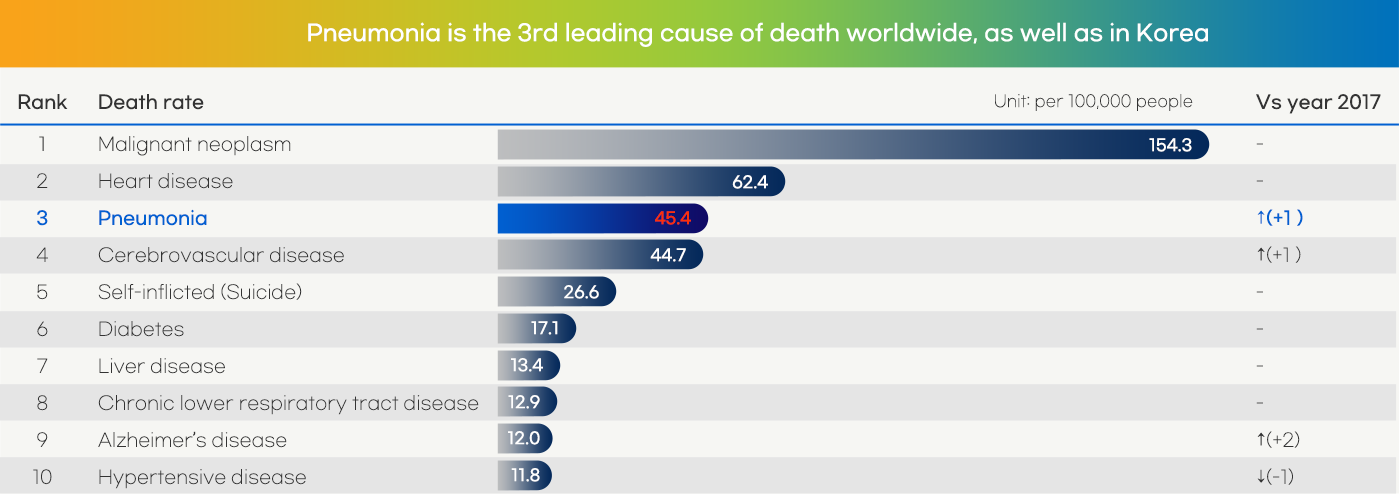Application Area

Animal Pharmaceuticals
Mastitis

Validation of characteristics and efficacy evaluation completed

Human Pharmaceuticals
Bacteriophages for
Human use
The emergence and danger of superbacteria, and the only alternative bacteriophage
It is universal practice in medicine to treat the symptoms of infection caused by microorganisms with antibiotics. While the various antibiotics developed thus far have greatly helped improve the welfare of humankind, they gave birth to multidrug-resistant bacteria, the so-called superbacteria with the ability to resist them. A prime example is Methicillin-resistant staphylococcus aureus (MRSA), which was first reported in England in 1961. MRSA, vancomycin-resistant enterococci (VRE), vancomycin-resistant staphylococcus aureus (VRSA), carbapenem-resistant enterobacteriaceae (CRE), multidrug-resistant pseudomonas aeruginosa (MRPA), and multidrug-resistant acinetobacter baumannii (MRAB) are the six multidrug-resistant bacteria designated by the government.
These superbacteria are even resistant to strong antibiotics and have a high fatality rate. The World Health Organization (WHO) defines antibiotic resistance as a serious threat to global public health. Currently, 700,000 people die each year from resistant bacterial infections, and the UK government has announced that this number is expected to reach 10 million by 2050. Bacteriophages are drawing attention as the only alternative that can respond to these superbacteria.
Increased antibiotic resistance(multidrug resistant bacteria)
- WHO: Greatest threat to global public health
- UK National Antibiotic Resistance Report
Multidrug Resistant Bacteria
Super Bug
Pneumonia treatment : MRAB
the limitation of existing antibiotics

